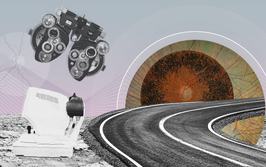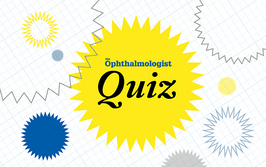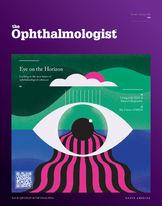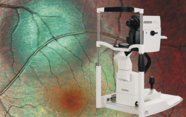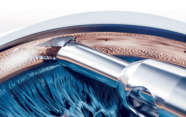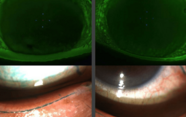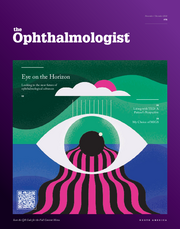Bonnie An Henderson
The Power List 2019 – Champions of Change
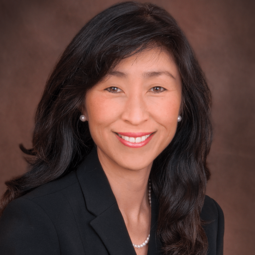
Bonnie An Henderson
Immediate Past President, American Society of Cataract and Refractive Surgery, Clinical Professor of Ophthalmology at Tufts University.
What is the best part of being an ophthalmologist?
Being able to help a person regain vision never gets old. Even after more than 20 years of practicing, I still love the first postoperative day visits. There is the same excitement and anticipation of Christmas morning. The pure joy in seeing the immediate benefit of removing a cataract is a unique gift of being an ophthalmologist. Additionally, our field is exciting because of the integration of advanced technology. Because the pace of innovation in ophthalmology, clinical practice never seems stale, one must keep up with all the advances just to stay relevant. If a doctor has an inquisitive mind, it is not difficult to take a new idea and create a new product or technique in ophthalmology.
What has been the pivotal moment of your career?
Training at Harvard University’s Massachusetts Eye and Ear Infirmary. I was exposed to many clinician scientists at a venerable institution. Being a resident and then staying on staff at Harvard opened doors for me as a young faculty member. I was able to start training courses such as the Harvard’s Intensive Cataract Course and obtain grants to create computer software programs like the Cataract Master. Without the support of the University and institution, it would have been more difficult to launch an academic career.
Who are your ophthalmic heroes?
During medical school, I did my first ophthalmology elective under Dr David Campbell’s supervision. He was my first and most influential mentor. His true love of the field was inspiring and his intellectual curiosity was infectious. He was the person who opened up the possibility of becoming an ophthalmologist. Since then, I have had many heroes in our field. Claus Dohlman, Roger Steinert, David Chang – these people are giants in the field who are my heroes. However, what makes them special is their humility in spite of all of their achievements.
Any advice for those following in your footsteps?
The first piece of advice is that nearly anything is possible. If someone works hard and is dedicated, it is possible to achieve any career goal. If a person would like to become a top notch clinician or a research scientist, or the chair of a department, or run a busy clinical practice, or write books, or create instruments or even work part time to balance other demands, all of that is possible. I firmly believe that the type of person who has succeeded in becoming an ophthalmologist has already proven that he or she has the intelligence and skills to succeed whatever direction they choose to follow.
The second and more important piece of advice is to be an ethical person. Always make decisions based on what is the right thing to do, whether they are medical, financial, or personal decisions. Be compassionate. Be courageous and stand up for important causes.
